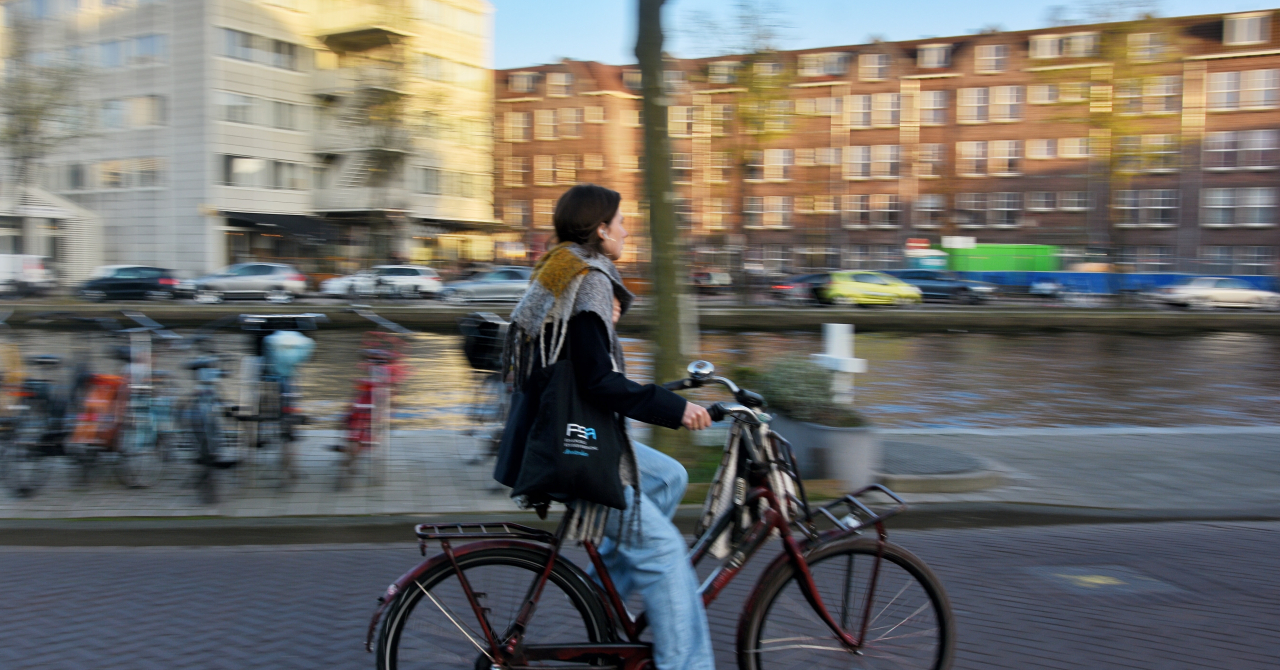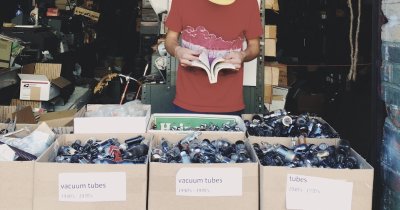According to Euronews.green, many people in European cities, such as Barcelona, Warsaw and Paris, think that it would be beneficial to have one day free of personal transport using automobiles.
One benefit of it, if implemented in most cities, is the reduction of fuel consumption across the continent by as much as 5%, which is what Latvia, Lithuania and Estonia consumes on an annual basis.
Barbara Stoll, director of the Clean Cities Campaign, said that "this research clearly shows that car-free days are a sure fire way to get cities off oil very fast without any complicated infrastructure or policy change."
"They are among the best short-term measures that are immediately available, cheap and easy to implement", she added.
While car free days are not a new concept, as the 22nd of September represents the World Car-Free Day, implementing these events on a weekly basis could prove hugely beneficial for the environment and for out well-being.
Cities that have weekly car-free days
In Jakarta, for example, the capital city of Indonesia, public roads are closed for private vehicles between 6 and 11 in the morning every Sunday.
In Columbia's Bogotá, cars are prohibited from rolling down the streets for five hours every Sunday, while citizens are encouraged to use alternative transport solution in the "Bicycle Way" event.
Car-free days could lower demand on fossil fuels, which saw rising prices ever since the events taking place in the East of Europe.
The analysis done by Clean Cities estimates that if one car-free day is to be implemented in all major European cities, we could save between 541.000 and 945.000 barrels of oil.
If implemented on a weekly basis, this number would increase to 29-49 million barrels per year.
The same analysis claims that this move would have a bigger impact compared to people working from home three days per week, by as much as 60%.
As the whole transport sector accounts for a quarter of the world's emissions and half of these emissions are coming from private cars and trucks, reducing oil demand would help with regards to the decarbonization.
This would also lower the amount of exposure to toxic pollutants that we breathe on a daily basis, especially if we're talking about city dwellers.
Barbara Stoll added that "cities should consider car-free days as a measure to … deliver a quick drop in toxic air pollution which kills thousands of Europeans a year."
"Besides, they are a great way to demonstrate to the public what life can be like in cities when the roads are not dominated by cars", she concluded.
 Mihai - Cristian Ioniță
Mihai - Cristian Ioniță












Any thoughts?